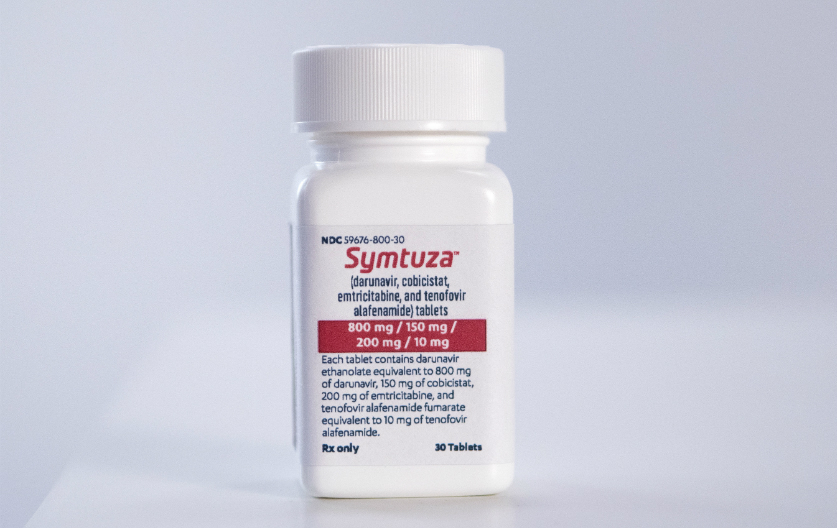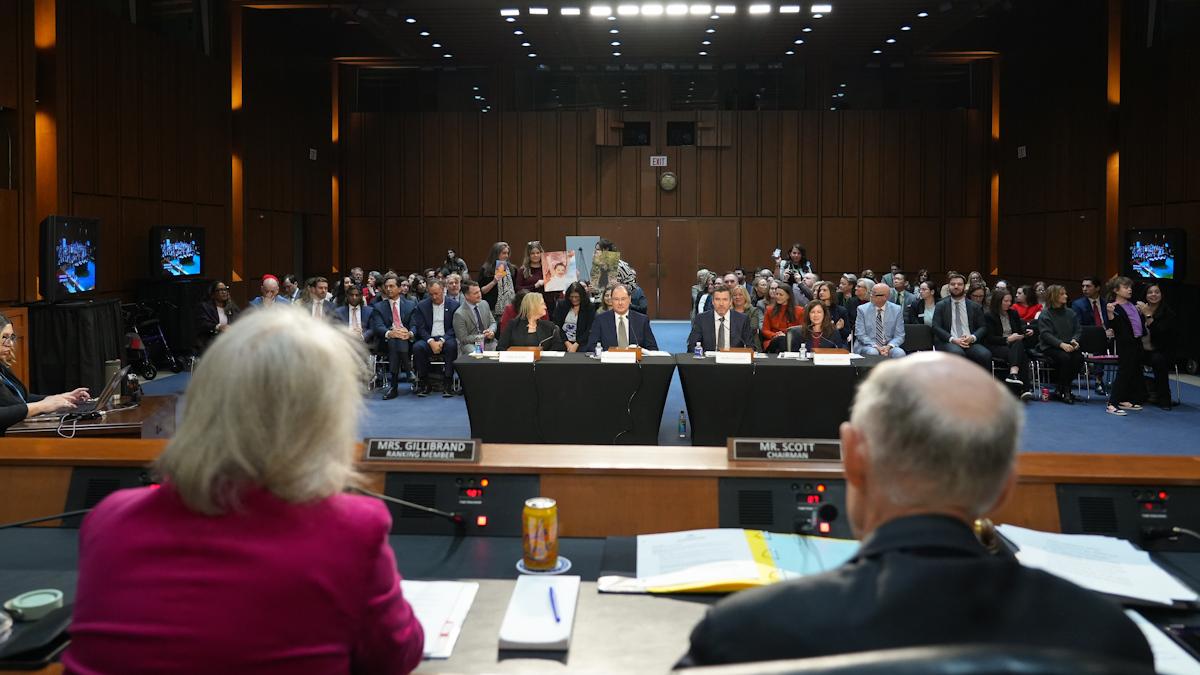FDA approves Janssen's HIV combination Symtuza

Janssen has won US approval for its once-daily HIV pill Symtuza (D/C/F/TAF), which it hopes will improve patient adherence and resistance to treatment.
Symtuza (D/C/F/TAF) combines Janssen’s darunavir with Gilead’s cobicistat, emtricitabine and tenofovir alafenamide in a single pill and was licensed for HIV-1 in treatment-naïve and certain virologically suppressed adults.
Brian Woodfall, global head of late development, infectious diseases at Janssen Pharmaceutica, said: "The FDA approval of Symtuza marks another important milestone in our quest to address real-world clinical challenges, combat HIV drug resistance and meet the diverse needs of those living with HIV.
"There is more to be done in our fight to make HIV history, and we will not stop here. We will continue our efforts to advance treatment and remain steadfast in our pursuit of fulfilling the dream of a preventive HIV vaccine."
US Department of Health and Human Services guidelines recommend darunavir-based therapies for treatment-naïve patients in certain clinical situations, including when a person may have uncertain adherence or if ARV treatment is needed before resistance test results are available.
Dr Joseph Eron, professor of medicine and director of the clinical core at the University of North Carolina Center for AIDS Research, explained: "Many people living with HIV struggle to adhere to their medication, which can lead to the development of drug resistance and potentially cause their medication – or even an entire class of medications – to stop working."
He added: "As clinicians, we may not always have the full picture of a patient's health or their risk for developing resistance when making treatment decisions.”
Symtuza’s US approval came on the back of phase 3 clinical trials assessing its safety and efficacy against a control regimen in adults with no prior ARV history (AMBER) and in virologically-suppressed adults (EMERALD).
The two trials found Symtuza to be both effective and well-tolerated, with up to 95% of patients achieving or maintaining virologic suppression. However, as part of its licence from the FDA the drug will have to carry a boxed warning about its risk of post-treatment acute exacerbation of hepatitis B.
The treatment was approved by the European Commission last September and earlier this year by Health Canada in April.













